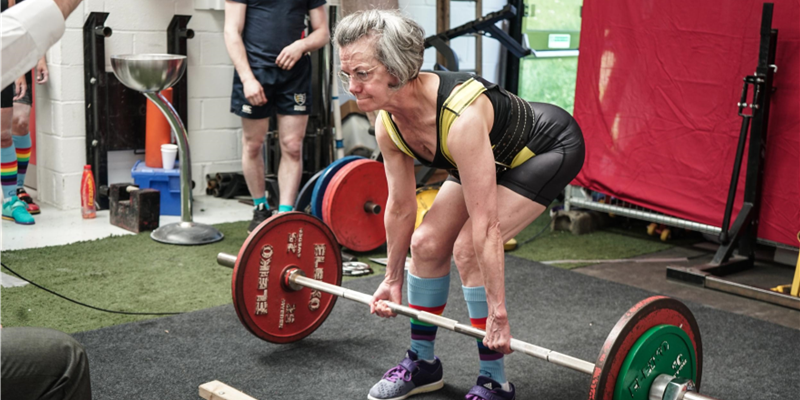As we age, our muscles naturally lose strength and mass, impacting our ability to perform daily activities and maintain independence. However, a recent study published in the British Medical Journal Open Sport & Exercise Medicine suggests that heavy resistance training at retirement age can help preserve muscle strength for years.
The LIve active Successful Ageing (LISA) study followed 451 Danish adults around the age of 66 over four years. Participants were divided into three groups: one group performed supervised heavy resistance training (HRT), another did moderate-intensity training (MIT), and the third acted as a control group, maintaining their usual physical activity levels.
After one year of training, both exercise groups showed improvements in muscle strength and lean body mass compared to the control group. Remarkably, at the four-year follow-up, the HRT group had maintained their baseline muscle strength, while the MIT and control groups experienced significant declines.
These findings suggest that incorporating high-load resistance training into one’s exercise routine at retirement age can induce long-lasting benefits for muscle function. Even though all groups experienced some loss of muscle mass over the four years, the HRT group’s strength remained stable, indicating that the training may have led to neural adaptations that helped preserve muscle function.
Furthermore, the study found that both training groups maintained their visceral fat levels over the four years, while the control group saw an increase. This suggests that resistance training, regardless of intensity, may help manage visceral fat in older adults.
Although the study participants were generally healthy and active, with an average of nearly 10,000 daily steps, the results still highlight the importance of resistance training for maintaining strength and independence in older age. Policymakers and healthcare professionals should consider encouraging older adults to participate in supervised heavy resistance training programs to promote healthy aging and reduce the risk of age-related declines in muscle function.
